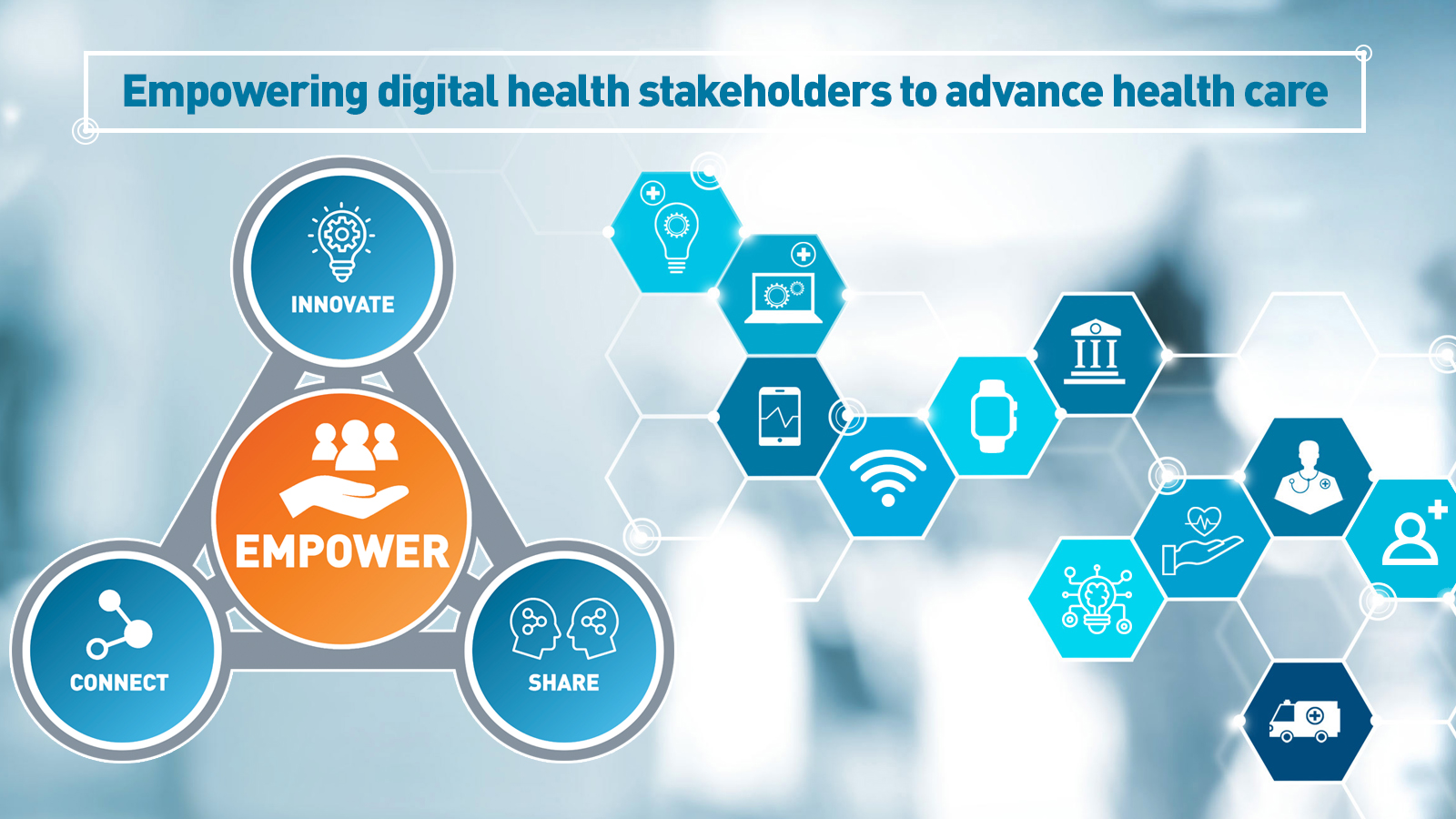GMC Purnia: Elevating Medical Education in Bihar
Bihar’s prestigious Government Medical College (GMC) Purnia is a centre for medical education. We shall examine GMC Purnia in depth in this article, including its affiliation, the distribution of MBBS seats, current advancements, faculty appointments, and its considerable impact on the state’s medical education system. Join us as we examine the unique qualities and accomplishments of the GMC Purnia on this educational adventure.
Overview of GMC Purnia
GMC Purnia is a prominent medical college dedicated to encouraging excellence in healthcare education. It is housed within the Aryabhatta Knowledge University in Patna. Recently, authorization was given for this prestigious university to accept 100 students for the MBBS programme in the forthcoming academic year of 2023–2024. The government’s commitment to increasing access to high-quality medical education in Bihar is reflected in this remarkable distribution of educational seats.
Optimistic Changes in Medical Education
As more medical specialists were required, the National Medical Commission (NMC) in Delhi appointed the 11th new Government Medical Officer in Bihar. As a result, GMC Purnia has been given permission to add 100 more MBBS seats, helping to bring the total number of medical seats in the state up to 1390. This significant advancement provides eager medical students with a better opportunity to realize their aspirations of becoming accomplished healthcare providers.
Dedication to high-quality education
The Off Medical Assessment and Rating Board’s thorough investigation led to the recognition and approval given to GMC Purnia. The review covered a detailed analysis of the college’s buildings, infrastructure, labs, library, dorms, hospitals, and the presence of qualified teaching personnel. Additionally, the evaluation of the nursing and paramedical staff was carefully reviewed, along with the expertise, publications, and residence of the tutors.
Selection of Faculty
GMC Purnia is extremely proud of its successful faculty because they are crucial in determining the direction of medical education in the future. The institution has welcomed 80 eminent faculty members from 21 different disciplines. The hiring of these highly competent individuals not only improves the academic standing of the college but also improves Bihar’s entire medical education environment.
Bihar: Improving medical education
The overall number of government medical college hospital seats in Bihar has impressively increased to 1390 with the addition of 100 MBBS seats at Purnia Medical College. With this addition and the current 1170 seats in private medical colleges, there are now 2560 seats overall available in the state for graduate-level medical studies. This sharp increase in possibilities for medical education demonstrates how committed the government is to supplying the region’s healthcare needs.
In summary, Government Medical College Purnia has become a model for excellence in Bihar’s medical education system. Aryabhatta Knowledge University, with which the college is affiliated, provides ambitious medical students with a supportive and intellectually engaging atmosphere. The recent distribution of 100 MBBS seats, the hiring of distinguished faculty members, and the determination to offering top-notch education show how committed GMC Purnia is to influencing the state’s healthcare system’s future. The college works to develop qualified medical professionals who will have a substantial influence on society while raising the bar for medical education.
Keep in mind that choosing GMC Purnia means embracing a future with limitless opportunities in the medical industry.

























